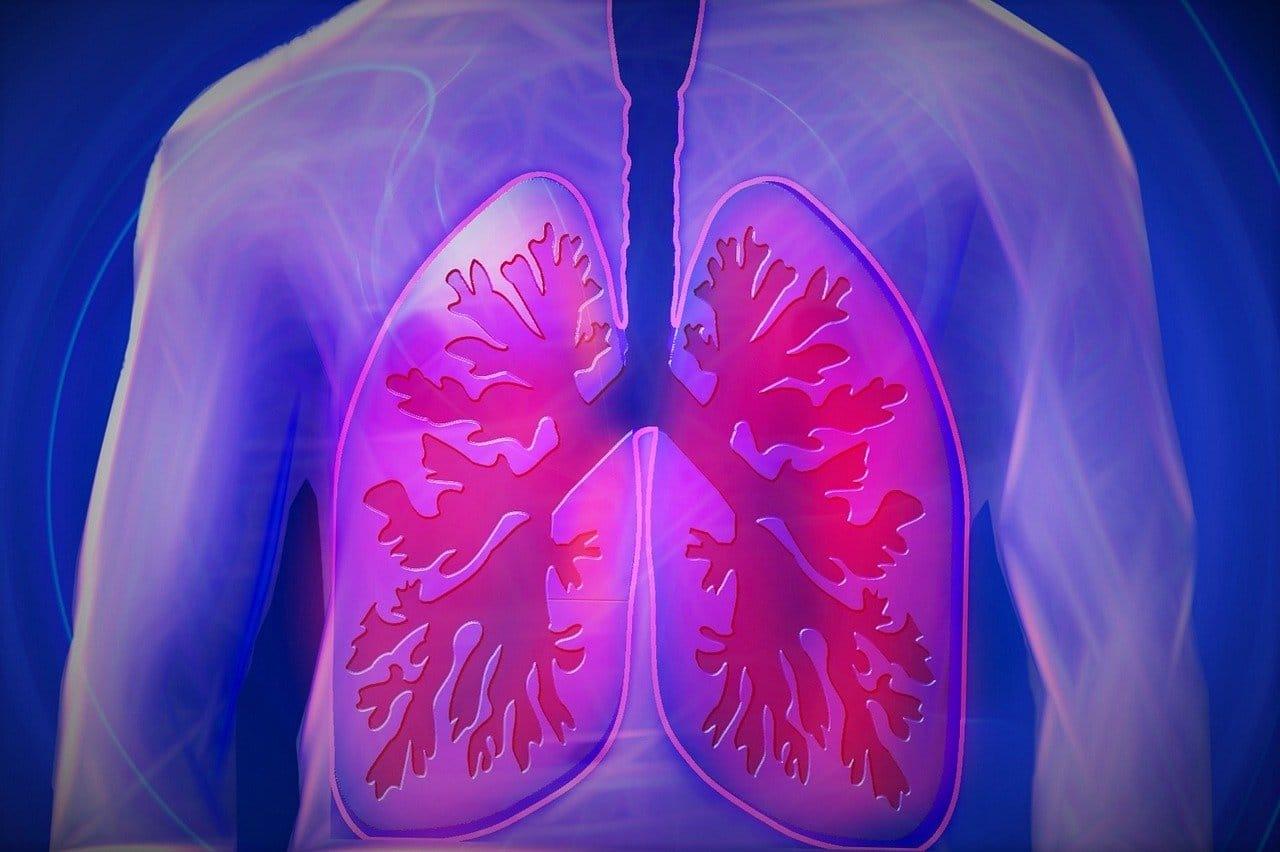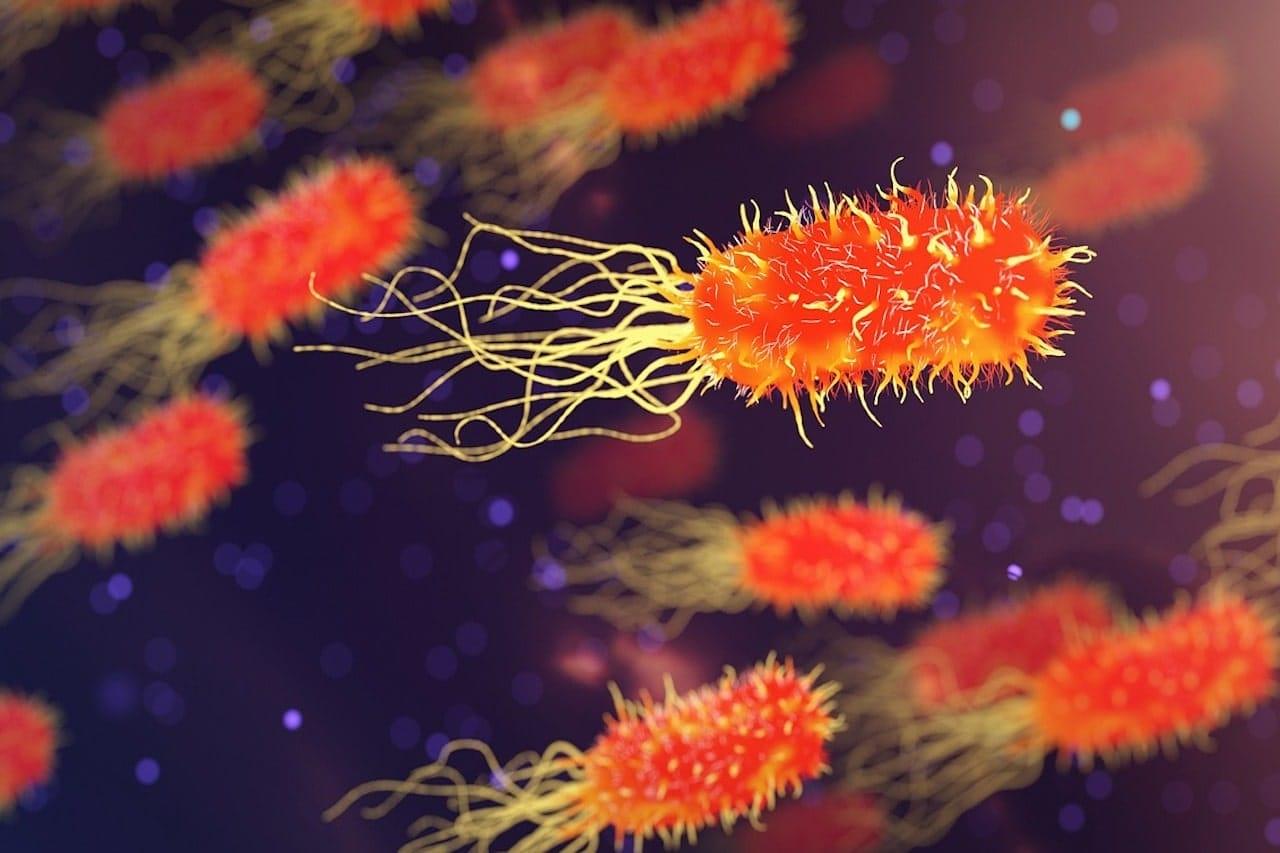Attention Deficit Hyperactivity Disorder, also known as ADHD, is a chronic condition that affects many young children and can even continue into adulthood. Children with ADHD often have difficulty paying attention, are hyperactive, and may display impulsive behaviour. One might not even know their child has ADHD until they start school where they might be struggling to pay attention, and sometimes a person might not be diagnosed with it until they have reached adulthood. Sometimes ADHD symptoms might lessen with age, but there are some people that the ADHD persists on them even as they grow older. Thought ADHD cannot be cured, the treatments used can greatly reduce the symptoms and make it easier for the person to go about their lives with it. In this article I will be discussing the symptoms, causes, and treatments of ADHD in children.
Symptoms
The symptoms of ADHD usually start before the age of 12 and in some kids it might be noticed as early as age 3. The symptoms can be mild, moderate, and severe. ADHD usually occurs more often in males than females, and the behaviours can be different for male and female. ADHD has 3 subtypes, these include.
Predominantly inattentive: The symptoms usually are related to inattentiveness
Predominantly hyperactive or impulsive: The symptoms usually are related to hyperactivity or impulsivity
Combined: The symptoms are a mix of inattentiveness, hyperactivity, and impulsivity
Symptoms and signs for inattentiveness
- Not paying attention to detail and making careless mistakes in school
- Not being able to fully focus on a task
- They seem to not be listening even when someone is talking to them directly
- Having a hard time following instructions and finishing tasks like schoolwork and chores
- Having a hard time organizing their tasks
- They may dislike task that require them to focus their attention, such as homework
- They lose items needed for an activity
- They’re easily distracted
- Forgetting to do daily task
Symptoms and signs for hyperactivity and impulsivity
- They can’t sit still, they fidget around alot
- Be constantly on the go or moving around
- Running around in times that aren’t appropriate
- Having a hard time doing an activity quietly
- They talk too much
- They interrupt people in conversation and blurt out answers
- They may have a hard time waiting for their turn
- Intruding on other people’s conversations and activities (Mayo Clinic Staff, 2019)
Causes
The causes of ADHD aren’t completely known, but research has observed a couple of possible differences in the brains of people with ADHD. Some possible reasons for ADHD include:
Brain anatomy. Scientists do not completely understand how the brain differences contribute to or lead to ADHD, but often people with the condition are shown to have a bit of differences in areas usually affecting the typical ADHD symptoms. Some differences in the brain that may occur include:
Frontal lobe. The frontal lobe may mature later in people with ADHD. The frontal lobe is responsible for various functions such as:
- Impulse control
- Social behaviour
- Decision making
- Planning
- Paying attention
Neural networks: In people with ADHD the cells that communicate and send signals to each other may develop slowly and communicate signals less effectively. This may effect the person in ways such as.
- Their focus
- Planning
- Attention
- Switching attention from one task to another
Neurotransmitters: The actions of some neurotransmitters may be slightly different for people that have ADHD, one example of such neurotransmitter is dopamine, and it could be disrupted in people with ADHD. Dopamine is responsible for things such as.
- Brain’s reward system
- Motivation
- Emotional regulation
- Muscle movement
Some other possible causes of ADHD are
- Premature birth before the 37th week of pregnancy
- Low weight at birth
- Smoking, alcohol, or drug abuse whilst pregnant
- Exposure to toxins like lead
- Genetics: Having a family member that has ADHD or another mental health disorder
- Head injury: Researchers have found that a traumatic brain injury may lead to an increased chance of getting ADHD, and it may also increase the severity of ADHD in people that already have it.(Geng, 2023)
Treatment
There isn’t any known cure for ADHD, but being educated, support from parents and peers, and attending therapies are usually the steps taken and can be very helpful in managing the symptoms and making it easier on the child with ADHD. For adults though, medicine is what is usually offered to help manage it, along side with therapy such as cognitive behavioural therapy can also help in managing their ADHD.There are specific treatments that your doctor may recommend based on.
- The child’s age, health, and medical history
- The extent of the symptoms The child’s tolerance for specific medication
- The expectation for the course of the condition
- Your preference for your child
Psychostimulant medication: These medications are used to balance the chemicals of the brain. They help stimulate or help in focusing the brain to reduce major symptoms of ADHD. These medications are usually very effective for most children with ADHD. Some of the commonly used medications for children include.
Methylphenidate
Dextroamphetamine
A mixture of amphetamine salts
Atomoxetine (Strattera)
Lisdexamfetamine
These stimulants have a few side effects. Moslty the side effects are relatively mild and decrease when used regularly. Make sure to discuss the side effects with your child’s doctor. Some of the side effects are.
- Insomnia
- Decreased appetite
- Stomachaches
- Headaches
- Jitters
- Rebound activation
- Antidepressants may also be used to help improve attention whilst decreasing aggression, anxiety, or depression.
Psychosocial treatment: Being a parent to children with ADHD might be difficult and create some sort of stress filled environment in the family. So it is important and could be very helpful for parents to take classes in behavioral management. Usually in these classes you will find other parents with a similar situation as yours and so you can understand and help support each other. Taking these classes will help create a better environment within the family and help your child further in the treatment of their ADHD. Some behavioral management skills may include.
- Point systems
- Contingent attention: That is to respond to the child positively when desired behaviour occurs, and withholding your attention if an undesired behavior occurs.
- Teachers can also be taught how to use behavioral management skills in the class. For teachers some of the skills learnt usually include daily behavioral reports that show the child’s in school behavior to the parents. The techniques used in behavioral management are usually helpful in improving a targeted behavior such as completing school work. Though they are not very helpful in reducing the overall inattentiveness, hyperactivity, and impulsivity in the child. (n.d.). Johns Hopkins Medicine)
Prevention & Intervention
There are no specific ways to prevent ADHD in a child, but early detection and intervention can really help in reducing the severity of the symptoms, in decreasing the behavioural symptoms that may effect them in school, in allowing the child a normal growth and development of their brain, and just an overall better and improved quality of life for the child and later the adult with ADHD. (nhs.uk, 2024)
It is good to know some of the things your child might find more difficult, so you can focus on helping them to get better at these things, or to help them in finding a way or technique that helps them, so it may be easier for them to get through these tasks. Some examples of things a child with ADHD might find difficult include.
- Getting to sleep
- Getting ready for school on time
- Listening and carrying our instructions
- Being organized
- Shopping
Some things adults with ADHD might find difficult are.
- Organization and time management
- Following instructions
- Focusing and completing tasks
- Coping with stress
- Feelings of restlessness and being impatient
- Impulsivity
Conclusion
Having ADHD might make your childs life a little more difficult, and taking care of a child with ADHD is difficult, but we must always remember that they cannot help themselves. The best approach to this is to be patient with them and to be supportive at all times. Though it is important to remember some of the symptoms of ADHD are quite common for all kids to have, kids and even teenagers have some level of hyperactivity and inattentiveness, mostly in relation to things they are not interested in. So one shouldn’t jump to conclusions when they’re child is being a little bit restless. It is best to consult a professional if you have suspicions, they will let you know if it is ADHD, prehaps some other mental condition, or just your child being a child. If your child does have ADHD, you mustn’t worry as there are many ways, as mentioned above, to manage the symptoms and make it a little easier for them. I hope that this article was helpful in informing you of the symptoms, causes, and treatments of ADHD in children.
References
Mayo Clinic. (2019, June 25). Attention-deficit/hyperactivity disorder (ADHD) in children – Symptoms and causes.
Johns Hopkins Medicine. (n.d.). Attention-Deficit / hyperactivity disorder (ADHD) in children.
Geng, C. (2023, September 15). What causes ADHD in children?
nhs.uk, N. (2024, March 13). Attention deficit hyperactivity disorder (ADHD).



